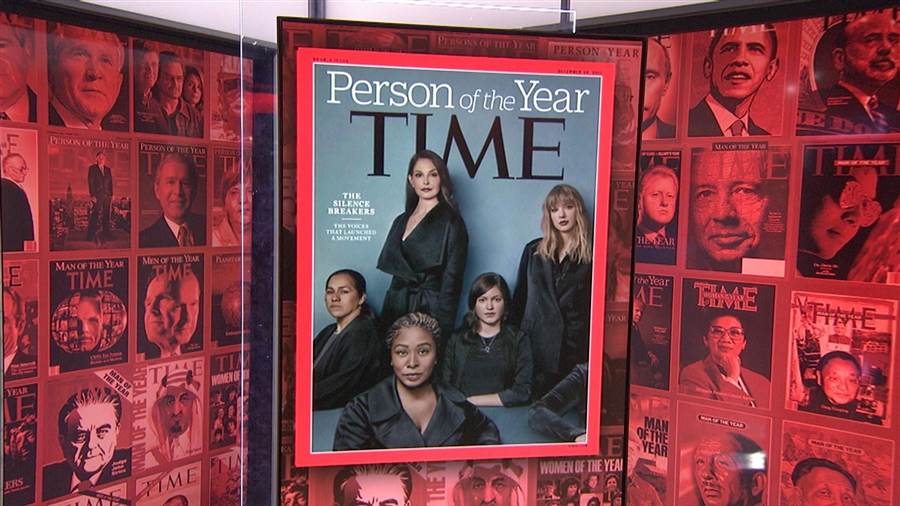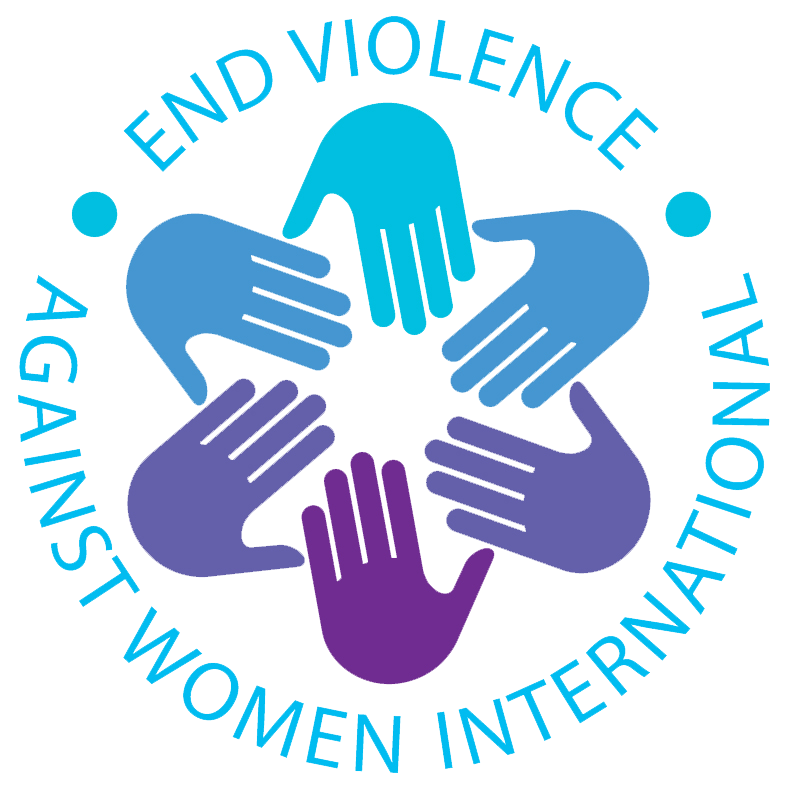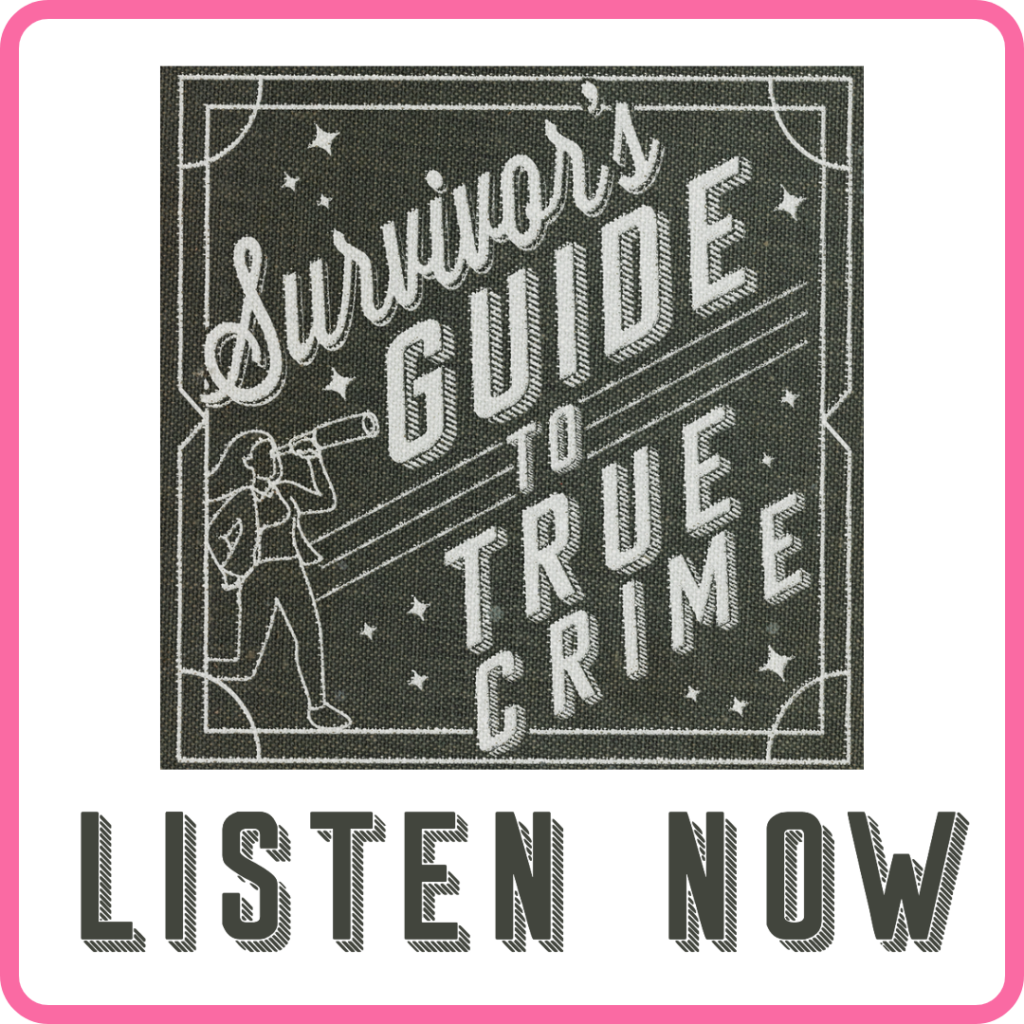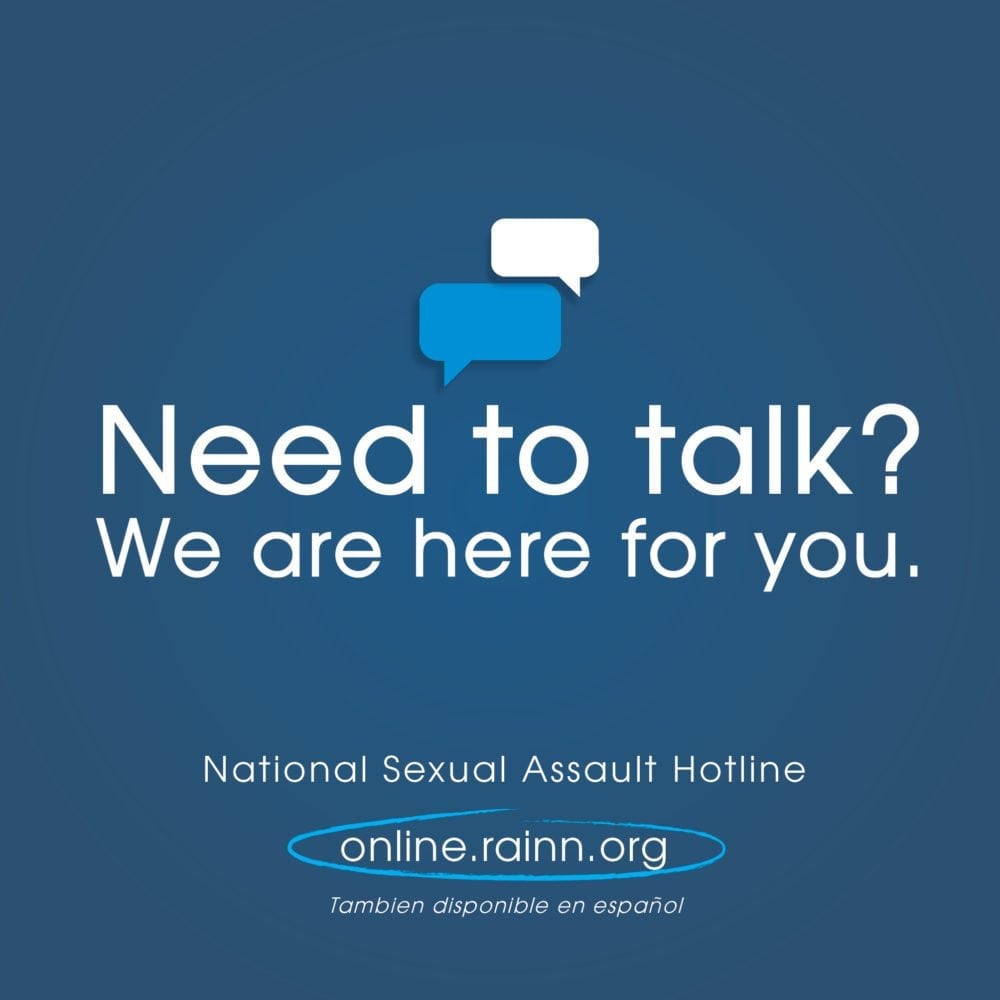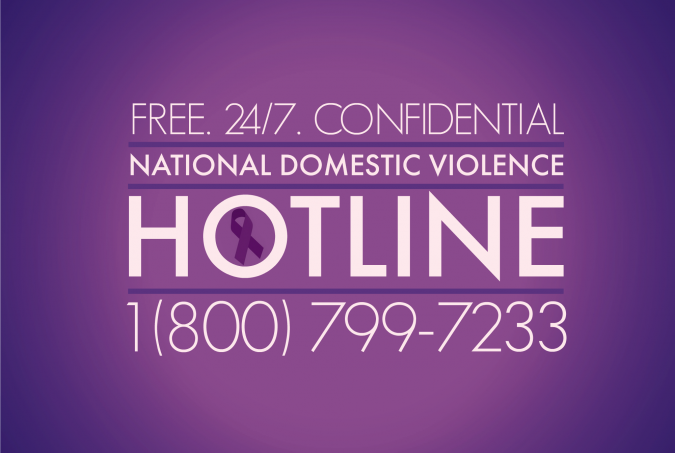KIMBERLY CORBAN: It’s TIME, Silence Breakers
Originally posted on Future Female Leaders:
It’s 2017 and nothing seems to make sense, but there are still those moments when we can stop and say that someone, or something finally got it right.
Today, TIME Magazine did just that.
This morning, the iconic magazine announced their Person of the Year as “The Silence Breakers”—The women (and men) who spoke up against sexual harassment and abuse.
Some survivors TIME profiled were Hollywood millionaires. Others, housekeepers at a hotel or migrant field workers. Some had husbands, partners, or children. Some were young and single. There were women of differing heritage, political affiliation, and socioeconomic status. But they all had one thing in common. They were victims.
The women came forward one by one, to break their silence and shine a light on their sexual victimizations. Whether they were harassed, groped, or assaulted, each survivor had to endure the same aftermath of trauma. The shame, the stigma, and the guilt seems to follow victims after every sexual violation like a predator stalking its prey under a veil of darkness. Hard to describe, but impossible to ignore once you’ve been there.
Responses to sexual trauma can vary as dynamically as the individual wrought with enduring them. Depression, anxiety, PTSD, promiscuity, self-medication, self-harm, even suicide. On top of the inner-turmoil, facing societal expectations about how a victim “should behave” or not reporting in a timely fashion (or at all) further the ignominy and shift the guilt for the crime’s commission to the prey. If you’ve found yourself as a victim of sexual violence, then you too, know the far-reaching consequences this crime mercilessly inflicts.
And for too long, it’s only been the victim’s burden to bear. We watch from the shadows as these predators rise through their careers and gain power all the while their victims are forced to keep their secrets—terrified to voice what the assailant did to them for fear of retaliation, further violence, losing their jobs, credibility, friends, family, relationships, everything. Their loneliness takes root in the pressing shame and they are made to believe that somehow it is their own fault. A nasty inner-dialogue that destroys a soul from within.
If the courage is collected enough to share, it has been in secrecy between confidants; with someone we trusted or possibly felt may be wandering our same, lonely journey. In moments of raw exposure, we whisper “me, too” and it is a knowing of the plight without ever having to exchange the diatribe.
This culture has not changed overnight, nor does TIME’s recognition of survivors breaking their silence mean the world is suddenly a better place rid of predators and those who seek to abuse their power. It is still happening in volumes we cannot fathom. But this movement has turned “me, too” into a full sentence. A bold statement that needs not disclose details or even names, but instead to show others they are not alone.
Someone sharing their story of sexual harassment does not nullify another’s experience of abuse at the hands of a significant other—or a rape by a stranger—or groping by a superior. It is a collective effort to demonstrate all of the ways we systematically experience and excuse sexual misconduct.
As #MeToo gained momentum this fall, I was in the middle of speaking on college campuses about sexual victimization and trauma responses employing my own rape in 2006 and the subsequent criminal case as an example. I have never given a speech over the past decade where at least one person did not come forward afterward to disclose their own story of abuse. However, in these last few months I’ve had a remarkable sect of conservative women express their gratefulness for the message, but their hesitancy to join in and say “Me, too” themselves.
“Victim” is a label that seems to have been politicized and given a negative brand, synonymous with accepting handouts or relying on government to nanny individuals. To identify oneself as such would be in stark contrast to their convictions. They feared they would be immediately ostracized from their poli-sci peers and political compatriots. Certainly, they’d be cast as an outsider aligned with those they disagreed ferociously with on most political issues.
Even for those who had acknowledged their sexual abuse experiences publicly, many still did not feel as though they had a place in the #MeToo movement. It may have started with Hollywood stars who tout what feels like extremist propaganda or liberal views and engage in marches on Washington after Inauguration Day with attendees donning pink hats, and so #MeToo seemed to be another mal-aligned political front to them. They did not think they could relate.
They watched as conservative news hosts like Gretchen Carlson and Megyn Kelly were metaphorically crucified by both sides for speaking out against media moguls. Drawing upon the injustices before them and the support of their closest friends and family, they laid the recent groundwork for the survivor platform to thrive. Among others, their accounts led to the investigation, public unmasking of Harvey Weinstein et. Al., and cries for overdue accountability. Lest we forget these women and the roles they continue fill.
Once again, sexual violence does not discriminate, and that includes among our political affiliations. As a conservative, you are no more immune nor at risk. It can happen to anyone. I can draw upon two recent articles I’ve read, both penned by conservative women (Bethany Shondark and Amy Swearer, that eloquently relay the challenge of the conservative victim. The stories are different, but our conclusions are the same—sexual violence can happen to anyone.
Of course, no one chooses to be victimized. We don’t want this encumbrance. We want to have control over our own bodies, our own rights, and our own consent. As human beings, we deserve respect. This is no longer just a women’s issue or a partisan issue, it is a human rights issue—an epidemic.
Set aside politics long enough to recognize this cultural phenomenon taking place in our generation. We are growing and cleansing as a culture obsessed with power and while at times it will be painful, nothing worth having was ever easily attained. Our poignant words now will allow for endless conversations for our daughters and sons tomorrow.
It isn’t just the faces and names on the Cover of TIME being saluted today. It’s every single person who is out there raising their voice. It’s recognizing your efforts in standing up against sexual harassment, assault, and rape. It’s acknowledging all of us who dare challenge the status quo by sharing our stories of survival amid a deep ocean of palpable fears.
And even if you are still unable to find your words or so much as whisper “me too”, take solace in this moment. Until you find your voice, we are roaring on your behalf.
If you or someone you know is in need of crisis intervention services, contact the National Sexual Assault Hotline 24/7 at 1-800-656-4673 for confidential, free assistance or visit their website here.

